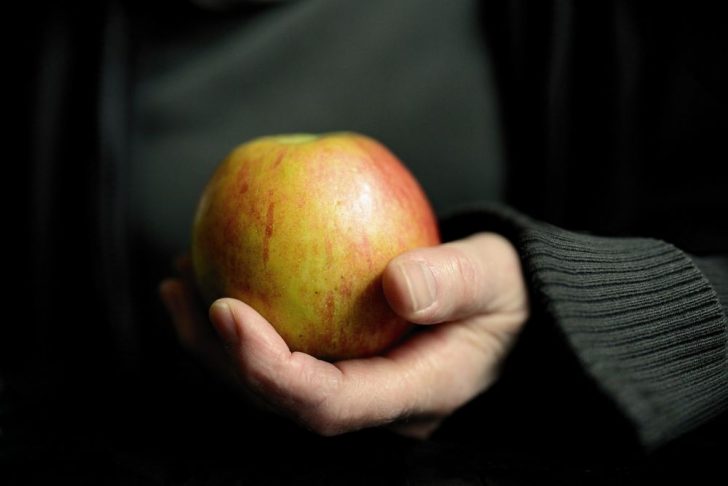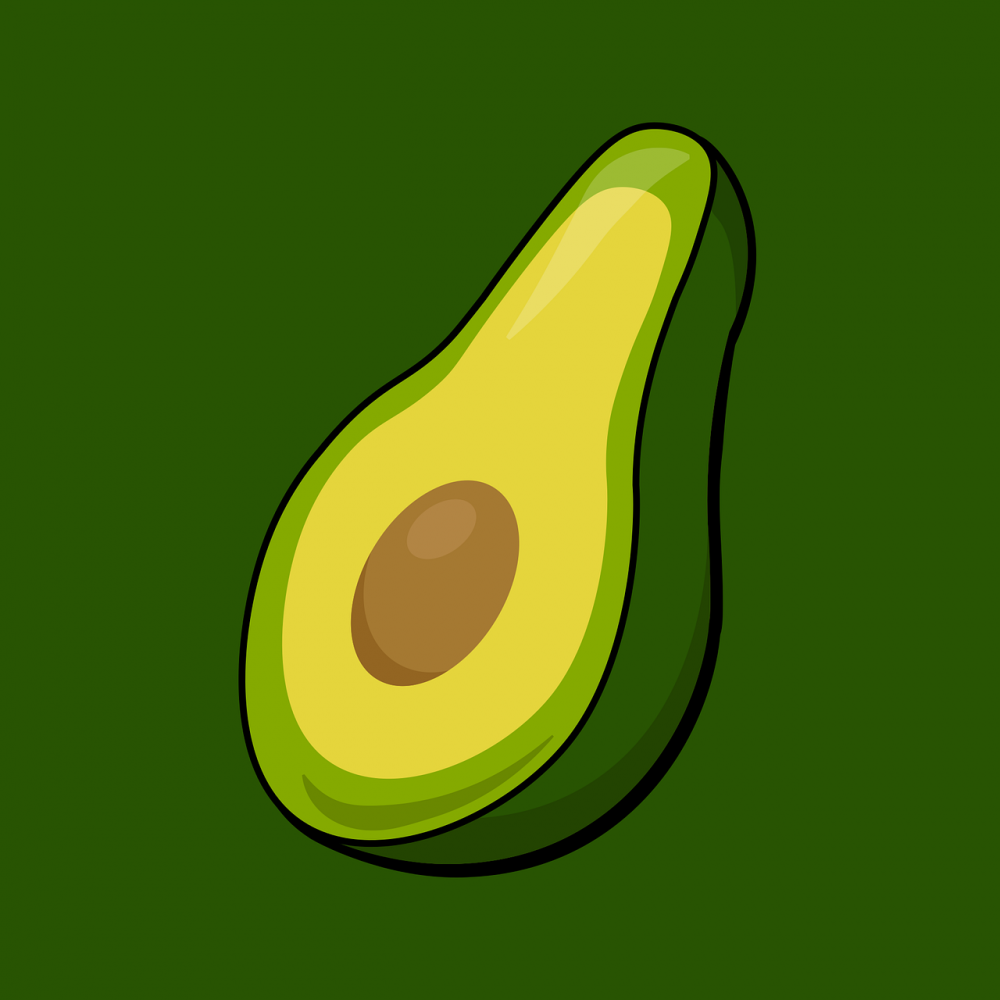Keto Diet Vegan: A Comprehensive Overview

Keto Diet Vegan: An Introduction to the Low-Carb, High-Fat Plant-Based Approach
Introduction:
The intersection of a ketogenic diet and a vegan lifestyle might seem challenging at first glance, as the ketogenic diet is traditionally associated with high protein and animal-derived fats. However, the concept of a keto diet vegan has gained traction in recent years, catering to individuals who follow a plant-based diet while reaping the benefits of ketosis. In this article, we will provide a thorough overview of the keto diet vegan, its various types, measurements, differences, and a historical analysis of its advantages and disadvantages.
I. Understanding the Keto Diet Vegan

The keto diet vegan is a modified version of the ketogenic diet, which focuses on minimizing carbohydrate intake and increasing fat consumption to trigger ketosis. While the traditional ketogenic diet relies heavily on animal products for fat and protein sources, the keto diet vegan emphasizes plant-based fats and proteins. This approach requires careful planning and consideration to maintain a state of ketosis without compromising on nutritional needs.
II. Types of the Keto Diet Vegan
1. Whole-food Keto Diet Vegan:
This type of keto diet vegan focuses on consuming whole, unprocessed plant-based foods such as avocados, nuts and seeds, coconut oil, olive oil, leafy greens, non-starchy vegetables, and plant-based proteins like tempeh and tofu. It prioritizes nutrient-dense foods while minimizing processed alternatives.
2. Raw Vegan Keto Diet:
In the raw vegan keto diet, individuals consume primarily raw, uncooked plant-based foods while adhering to the principles of ketosis. This approach involves consuming high-fat raw foods such as raw nuts, seeds, coconut, avocados, and low-carb vegetables, while avoiding grains and starchy fruits.
3. High-Protein Vegan Keto Diet:
The high-protein vegan keto diet focuses on increasing plant-based protein intake while maintaining a low-carbohydrate, high-fat approach. It involves including sources like tofu, tempeh, seitan, lentils, legumes, and vegan protein powders while ensuring that carbohydrate intake is strictly limited.
III. Quantitative Measurements in the Keto Diet Vegan
To effectively follow a keto diet vegan, it is crucial to understand and track specific quantitative measurements:
1. Macronutrient Ratios:
a. Net Carbohydrates: Typically limited to around 20-50 grams per day, depending on individual tolerance and goals.
b. Plant-Based Fats: Consist of the majority of daily caloric intake, usually ranging from 70-75% of total calories, derived from coconut oil, avocados, nuts, seeds, and plant-based oils.
c. Plant-Based Proteins: Form the remaining portion of the diet, approximately 20-25% of daily caloric intake, sourced from tofu, tempeh, seitan, legumes, and other plant-based protein alternatives.
2. Ketone Levels:
Regular monitoring of ketone levels, particularly in the blood or urine, helps ensure that the body is in a state of ketosis. Optimal levels typically range between 0.5-3 millimoles per liter (mmol/L).
IV. Exploring Differences in the Keto Diet Vegan
The keto diet vegan can differ in various aspects, including:
1. Fat Sources:
While animal-derived fats are typically avoided in the keto diet vegan, there is a wide range of plant-based fat sources available. Examples include coconut oil, olives and olive oil, nuts and seeds, avocados, and vegan-friendly butter alternatives.
2. Protein Choices:
Protein sources in the keto diet vegan can vary depending on personal preference and dietary restrictions. Popular options include tofu, tempeh, seitan, lentils, legumes, and vegan protein powders.
V. A Historical Review of Pros and Cons of the Keto Diet Vegan
1. Advantages:
a. Plant-Based Nutrition: The keto diet vegan promotes a plant-based lifestyle, which aligns with ethical and environmental concerns.
b. Weight Management: Ketosis can aid in weight loss and weight management by effectively utilizing stored fat as energy.
c. Mental Clarity: Some individuals report improved cognitive function and mental clarity while following the keto diet vegan.
2. Disadvantages:
a. Nutrient Deficiencies: Without careful planning, the keto diet vegan may lack certain essential nutrients found in animal products, such as vitamin B12, iron, and omega-3 fatty acids.
b. Limited Food Choices: The restrictive nature of ketosis, combined with the limitations of a vegan diet, may lead to a narrower range of food options.
c. Initial Transition Challenges: Adjusting to the keto diet vegan might be challenging initially, as the body adapts to a new metabolic state.
Conclusion:
The keto diet vegan offers a unique, plant-based approach to achieving ketosis while adhering to ethical and environmental principles. By combining a low-carbohydrate, high-fat regimen with plant-based nutrition, individuals can harness the benefits of both a ketogenic diet and a vegan lifestyle. Careful consideration and planning are necessary to ensure nutrient adequacy and a successful adaptation to this dietary approach. With the right information and support, the keto diet vegan can be a viable option for those seeking a plant-powered path to ketosis.
FAQ
Are there any potential nutrient deficiencies in a keto diet vegan?
Can I follow a ketogenic vegan diet without consuming animal products?
Can the keto diet vegan be beneficial for weight loss?
Fler nyheter
Listeria: En Tyst Närvaro i Vår Matkedja
Keto Diet Vegan: An Introduction to the Low-Carb, High-Fat Plant-Based Approach Introduction: The intersection of a ketogenic diet and a vegan lifestyle might seem challenging at first glance, as the ketogenic diet is traditionally associated with hi...
Lotta Alberius
10 oktober 2024
Ortopediska inlägg: Förbättra Fotkomfort och Hälsa
Keto Diet Vegan: An Introduction to the Low-Carb, High-Fat Plant-Based Approach Introduction: The intersection of a ketogenic diet and a vegan lifestyle might seem challenging at first glance, as the ketogenic diet is traditionally associated with hi...
Veronica Urena
02 oktober 2024
Kostrådgivning: Vägen mot ett hälsosammare liv
Keto Diet Vegan: An Introduction to the Low-Carb, High-Fat Plant-Based Approach Introduction: The intersection of a ketogenic diet and a vegan lifestyle might seem challenging at first glance, as the ketogenic diet is traditionally associated with hi...
Maja Bergman Lindberg
02 oktober 2024
Parterapi i Uppsala: Vägen till stärkta relationer
Keto Diet Vegan: An Introduction to the Low-Carb, High-Fat Plant-Based Approach Introduction: The intersection of a ketogenic diet and a vegan lifestyle might seem challenging at first glance, as the ketogenic diet is traditionally associated with hi...
Veronica Urena
14 september 2024











